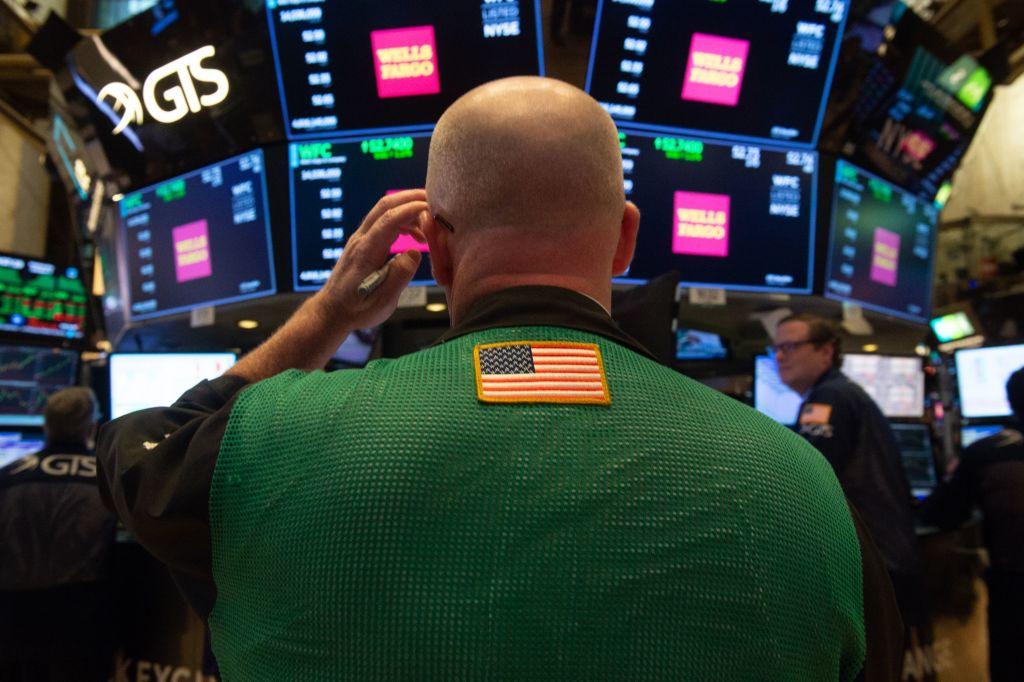WASHINGTON—Tax reform, deregulation, and a booming economy are making the United States a safe haven for global investors.
McKinsey’s September 2018 Global Survey of more than 1,100 executives from various regions and industries around the globe found that the United States offers the best environment for business growth.





